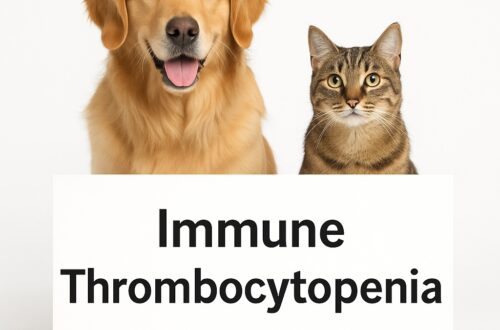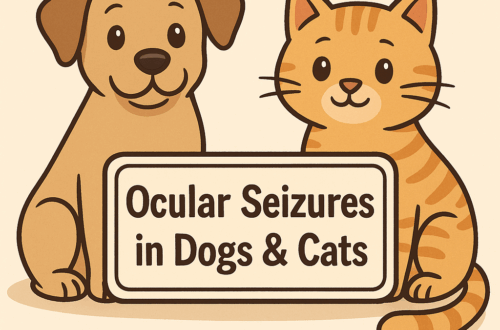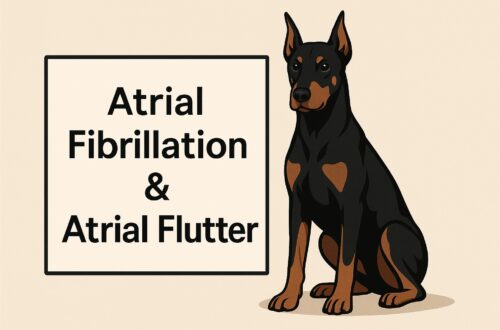I was recently asked by a lay person if I thought my beloved profession – veterinary medicine – was a service industry. I’d never been asked that before. On one hand, I think it’s a great question. On the other hand, and to be completely honest, it’s one I was a little hesitant to answer. After some introspection and not being one to shy away from controversial topics, I thought I’d share with you how I answered this person. I hope you find my comments thought provoking. Happy reading!

What is a service industry?
By definition, a service industry is a business that does work for a customer, and occasionally provides goods. However, they’re not involved in manufacturing. Classic examples are retail, transport, distribution, and food services. I feel it’s reasonable to say veterinarians and other medical professionals are service providers because we provide an intangible product based on our knowledge and expertise in medicine. We make recommendations and provide advice in an effort to enhance animal health.
With that being said, I ardently abandon the belief veterinary medicine is a service industry if one insists on believing “the customer is always right.” In 1909, Harry Gordon Selfridge, founder of London-based Selfridge’s department store, coined that troublesome phrase. His intent was pure – to convince customers they’d get good service and convince employees to give good service. Unfortunately, such a policy leads to worse customer service in today’s environment of rampant entitlement.
When it comes to veterinary medicine – and medical professions, in general – Selfridge’s phrase couldn’t be farther from the truth. The customer is not always right. In fact, pet owners are often wrong. That’s not a debatable issue. That’s simple fact. Here’s the cool thing. We veterinarians enjoy educating them, to correct misinformation, in an effort to help our patients.
Effective service demands education
Veterinarians love their educational responsibilities to pet owners. When veterinarians graduate, we stand and recite the Veterinarian’s Oath.
Being admitted to the profession of veterinary medicine, I solemnly swear to use my scientific knowledge and skills for the benefit of society through the protection of animal health and welfare, the prevention and relief of animal suffering, the conservation of animal resources, the promotion of public health, and the advancement of medical knowledge.
I will practice my profession conscientiously, with dignity, and in keeping with the principles of veterinary medical ethics.
I accept as a lifelong obligation the continual improvement of my professional knowledge and competence.
To live up to this oath, we must be effective communicators so we can best educate those who entrust us with our patients. Thankfully, the vast majority of pet owners are amazing. They want the best for their pets and they want to work with veterinarians to ensure their fur babies receive the best healthcare within their means. They listen. They ask thoughtful and appropriate questions. They’re collaborative partners.
Distrust & entitlement destroy service
Knowing veterinarians typically love to help educate pet owners, you may find it curious to know they often abdicate their responsibility to educate. Why? Far too often, they’re met with vocal resistance from pet owners, so much baseless pushback to accurate medical information simply because they don’t believe veterinarians. Owners read something contrary online and/or their breeder told them to be weary of what veterinarians recommended. All too often there’s unjustified distrust toward veterinarians. If veterinary medicine is a service industry, such owners make it exceedingly challenging for veterinary teams to want to provide good service as Mr. Selfridge intended.
Here’s an example recently shared with me by a colleague in Louisiana. The veterinarian recommended heartworm testing for a dog that had never been previously screened for heartworm disease. As you may know, heartworm disease is rampant in the southeastern United States. If the test was negative, the doctor recommended year-round heartworm prevention. The owner declined the veterinarian’s recommendations. Oh boy, did they decline them!
Literally and inexplicably screaming in the consultation room, the owner told the doctor they weren’t doing any testing or giving preventative because it was unnecessary. They stated the veterinarian was only making those recommendations to make money. The icing on this glorious proverbial cake? They said their breeder told them not to screen for heartworm disease or give heartworm preventatives because contracting heartworm disease would actually make their dog’s immune system stronger. All of these reasons, of course, are absolute hogwash and not founded on scientific fact.

What would you do in this situation if you were the veterinarian being berated by this misinformed client? Would you try to educate them? I hope the answer is yes, at least initially. After all, veterinarians have a responsibility to attempt to educate pet owners.
What if this was the tenth client of the day who berated you, who with intense disdain rejected your attempts to educate them? Would you still try? Veterinarians traditionally make notations in their medical records and move on to their next patient, hoping the next family will be a partner in their pet’s healthcare. They internalize the client’s abuse that inevitably contributes negatively to their mental wellbeing. But, as Bob Dylan wrote, “the times they are a changin’”.
Service in veterinary medicine in evolving…
Let there be no doubt veterinarians remain steadfastly committed to educating pet owners, that is pet owners who are willing to be collaborative partners with us. But for those who believe Selfridge’s edict, they’re likely to be unhappy when veterinarians refuse to tolerate their abusive and entitled behaviors. As Ms. Kimberly “Sweet Brown” Wilkins said, “Ain’t nobody got time for that.”

According the American Veterinary Medical Association (AVMA), “veterinarians may choose whom they will serve…” It’s not just the client who gets to decide if they want to work with veterinarians. With the exception of providing stabilizing care in emergency situations (or directing owners to emergency services), we veterinarians can choose the pet owners with whom we want to partner. We want to help as many pets as possible, but we’ll no longer do so at the expense of our own health.
With the growing epidemic of suicide in veterinary medicine, veterinarians are literally in survival mode. We can’t and won’t tolerate adult temper tantrums in our consultation rooms. We won’t accept pet owners who verbally and physically assault us. We’ll focus our finite energy, educational efforts, and empathy on those families who want to be collaborative partners in their pet’s healthcare.
The take-away message…
On behalf of veterinarians everywhere, here’s our promise to pet owners. If you come at us with misdirected distrust, with an unwillingness to collaborate, and with abusive intentions, rest assured you’ll hear that phrase made famous by the current occupant of the White House: You’re fired!

But if you come to us with an opened and inquisitive mind wanting the best for your pet, we’re ready to work with you. Indeed, we’re excited to do so! We want to partner with you. We want to educate you so you can help us help your pets in ways that work within your means.
Wishing you wet-nosed kisses,
CriticalCareDVM








Right on! Well said!
Thanks for reading!